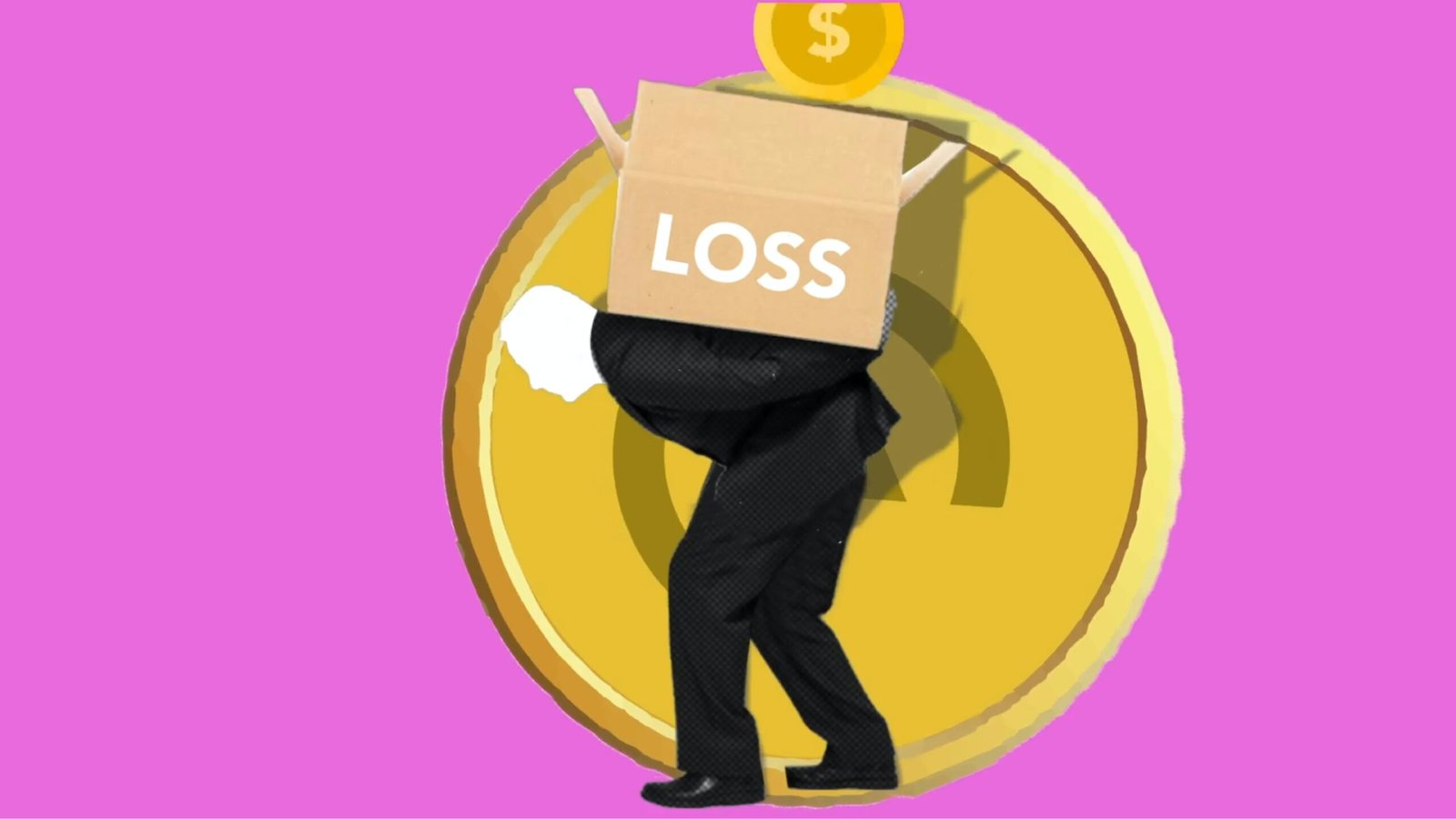Introduction
The debt ceiling is a critical aspect of the United States’ financial system, with profound implications for the country’s economy and its citizens. As a concerned American, understanding why you should worry about the debt ceiling and its impact on the middle class is crucial. This article aims to delve into the reasons behind this concern, providing you with the knowledge you need to grasp the significance of this issue.
The Debt Ceiling Explained: What Every American Should Know
To comprehend why every American should worry about the debt ceiling, it is essential to first understand what it entails. The debt ceiling, also known as the debt limit, is the maximum amount of money that the U.S. government can borrow to fund its operations. This borrowing limit is set by Congress and serves as a check on the government’s ability to accumulate debt.
The Importance of the Middle Class in the American Economy
Before exploring the debt ceiling’s impact on the middle class, it is crucial to acknowledge the vital role this socioeconomic group plays in the American economy. The middle class forms the backbone of the nation, driving consumer spending, economic growth, and stability. Their financial well-being is crucial for a thriving economy.
How Does the Debt Ceiling Affect the Middle Class?
- Increased Interest Rates: Straining Household Budgets The debt ceiling impacts the middle class through increased interest rates. When the government reaches its borrowing limit, it may default on its debts, leading to a downgrade in the country’s credit rating. Consequently, interest rates rise, affecting various financial products like mortgages, student loans, and credit card interest rates. This places a burden on middle-class households, making it harder to make ends meet.
- Reduced Government Services and Programs When the debt ceiling is reached, the government may be forced to cut spending on various programs and services. This can include essential services that directly impact the middle class, such as healthcare, education, infrastructure, and social security. Reduced access to these programs can hinder upward mobility and financial security for middle-class Americans.
- Job Market Uncertainty The debt ceiling’s impact on the middle class extends to the job market. Government spending cuts resulting from hitting the debt ceiling can lead to job losses, especially in sectors that rely heavily on government contracts or funding. This creates uncertainty for middle-class workers, making it challenging to secure stable employment and further impacting their financial well-being.
- Investment Volatility and Retirement Accounts The debt ceiling debate can cause increased market volatility, affecting investments held by the middle class, such as retirement accounts and personal savings. Uncertainty in the financial markets can erode the value of investments, jeopardizing the long-term financial security of middle-class individuals and families.
- Weakened Economic Growth The debt ceiling and its potential consequences can hamper overall economic growth. Uncertainty surrounding the government’s ability to manage its debts can lead to reduced business investment, decreased consumer confidence, and slower economic expansion. A weaker economy ultimately impacts the middle class, affecting job opportunities, wage growth, and overall financial stability.
FAQs about the Debt Ceiling and Its Impact on the Middle Class
- FAQ 1: What is the debt ceiling, and why does it matter to the middle class? The debt ceiling is the maximum amount of money the U.S. government can borrow. It matters to the middle class as it affects interest rates, government programs, job security, investments, and economic growth.Answer: The debt ceiling serves as a limit on government borrowing and has direct implications for the middle class. Understanding its significance is crucial for every American citizen.
- FAQ 2: Can the debt ceiling be raised indefinitely? The debt ceiling can be increased through legislation passed by Congress. However, raising the debt ceiling is a contentious issue and requires bipartisan support.Answer: Raising the debt ceiling is not a limitless solution. It necessitates careful consideration and cooperation between political parties.
- FAQ 3: How does the debt ceiling impact interest rates? When the debt ceiling is reached, the government may default on its debts, leading to a downgrade in the country’s credit rating. This results in increased interest rates, affecting loans and other financial products that impact the middle class.Answer: The debt ceiling can indirectly lead to higher interest rates, placing an additional burden on middle-class households.
- FAQ 4: Can hitting the debt ceiling lead to a recession? Hitting the debt ceiling can create economic uncertainty, leading to reduced business investment, decreased consumer confidence, and slower economic growth. While it may not directly cause a recession, it can contribute to a weakened economy.Answer: While hitting the debt ceiling does not guarantee a recession, it can negatively impact economic growth and stability.
- FAQ 5: How can the debt ceiling impact retirement accounts? The debt ceiling debate can cause increased market volatility, which affects investments held by the middle class, including retirement accounts. Uncertainty in the financial markets can erode the value of these accounts, posing long-term financial risks.Answer: The debt ceiling’s impact on market volatility can undermine the value of retirement accounts, potentially jeopardizing the financial security of the middle class.
- FAQ 6: What can citizens do to address the debt ceiling issue? Citizens can stay informed about the debt ceiling issue and express their concerns to elected representatives. Engaging in the democratic process, advocating for responsible fiscal policies, and supporting candidates who prioritize addressing the national debt are essential steps toward resolving this issue.Answer: Active participation in the democratic process and supporting responsible fiscal policies are crucial in addressing the debt ceiling issue.
Conclusion
The debt ceiling and its impact on the middle class should be a matter of concern for every American. The potential consequences of hitting the debt ceiling, such as increased interest rates, reduced government services, job market uncertainty, investment volatility, and weakened economic growth, directly affect the financial well-being and stability of middle-class households. By understanding the implications and staying engaged in the political process, individuals can contribute to finding sustainable solutions that promote fiscal responsibility and protect the interests of the middle class.
Download our app MadbuMax on the Apple App Store for the latest news and financial tools. Interested in getting your finances in order do not forget to check Dr. Paul Etienne’s best-seller book on personal finance. To access more resources, tools and services please click here. Also do not forget to follow Dr. Etienne on IG or Twitter.





